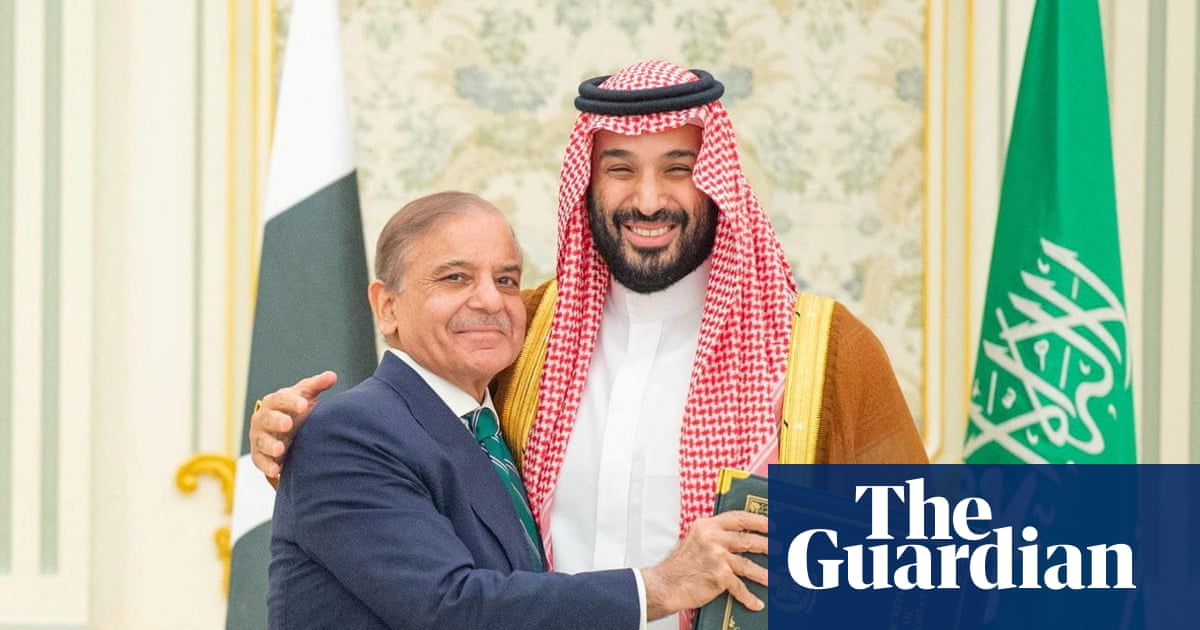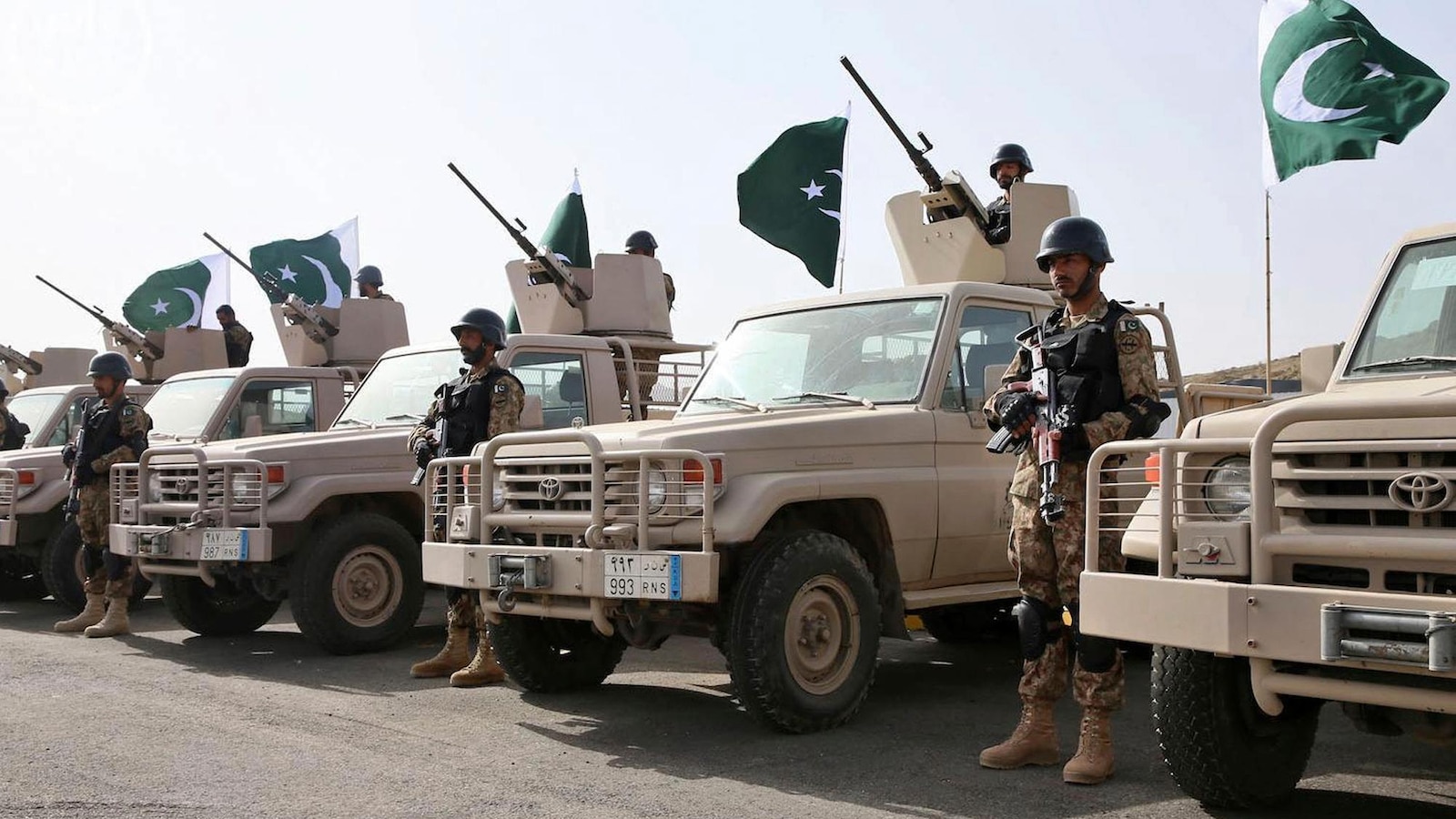Pakistan and Saudi Arabia Sign Mutual Defense Pact Amid Regional Tensions
Pakistan and Saudi Arabia signed a mutual defense pact, declaring an attack on one as an attack on both, in response to rising regional tensions following an Israeli airstrike in Qatar.
Subscribe to unlock this story
We really don't like cutting you off, but you've reached your monthly limit. At just $5/month, subscriptions are how we keep this project going. Start your free 7-day trial today!
Get StartedHave an account? Sign in
Overview
- Pakistan and Saudi Arabia formally signed a mutual defense pact, establishing that any aggression against one nation will be considered an attack on both, strengthening their bilateral security.
- This defense agreement was forged in direct response to escalating regional tensions, particularly following an Israeli airstrike targeting Hamas in Qatar's capital.
- The pact reflects growing anxieties within the Gulf region, aiming to bolster collective security and promote stability amidst the volatile geopolitical landscape.
- The core principle of the agreement is a commitment to mutual defense, ensuring a unified response to external threats faced by either Pakistan or Saudi Arabia.
- India is closely monitoring the implications of this newly formed Saudi-Pakistan defense pact for its own national security interests and the broader regional dynamics.
Report issue

Read both sides in 5 minutes each day
Analysis
Center-leaning sources frame this story by immediately linking the Saudi-Pakistan defense pact to Israel's recent actions, emphasizing its timing as a direct signal. They consistently highlight Pakistan's nuclear capabilities and historical ties, suggesting the accord strengthens a regional deterrent. The narrative prioritizes the geopolitical implications, particularly regarding Israel and nuclear proliferation concerns.
Articles (4)
Center (2)
FAQ
The main term of the pact is that any attack on either Pakistan or Saudi Arabia will be considered an attack on both countries, committing them to a unified defense response.
The agreement was signed in direct response to rising regional tensions following an Israeli airstrike targeting Hamas in Qatar, signaling increased security concerns in the Gulf region.
The pact boosts Pakistan’s strategic standing by linking it directly to Gulf security, which potentially increases its influence in regional decision-making and enhances leverage for economic and energy cooperation.
The pact expands Saudi Arabia’s defense options by partnering with a nuclear-armed Pakistan, adding weight to its defense posture and supporting its goals to develop a self-reliant and multilayered security framework.
India is closely monitoring the pact for its implications on national security interests and broader regional dynamics, as the alliance could shift power balances in South Asia and the Gulf.
History
- This story does not have any previous versions.


